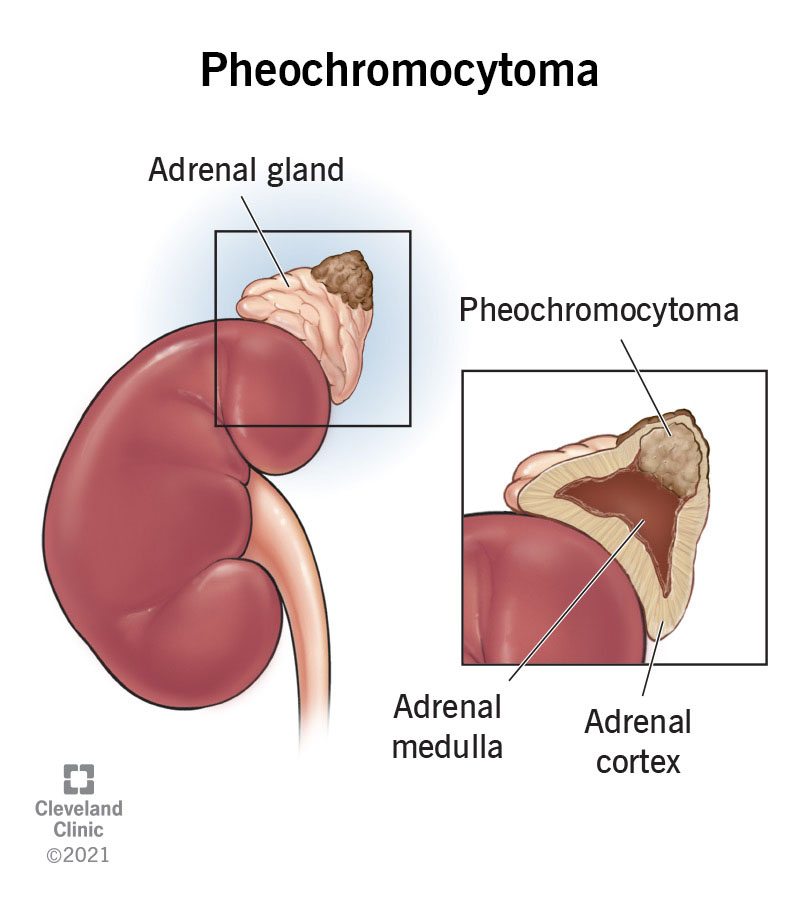A 78-year-old patient comes to the clinic with complaints of difficulty seeing faces and reading small print. The patient is diagnosed with macular degeneration. Which of the following interventions should the nurse prioritize to help manage the patient’s condition?
Advise the patient to increase their screen time to exercise their eye muscles.
Encourage the patient to quit smoking to slow the progression of the disease.
Suggest the patient avoid all physical activities to prevent further eye damage.
Inform the patient to reduce their water intake to prevent fluid accumulation in the eyes.
The Correct Answer is B
Choice A Reason:
Advising the patient to increase their screen time to exercise their eye muscles is not appropriate for managing macular degeneration. Increased screen time can cause eye strain and does not benefit the condition. Instead, patients should be encouraged to engage in activities that do not exacerbate eye strain.
Choice B Reason:
Encouraging the patient to quit smoking is a crucial intervention for managing macular degeneration. Smoking is a significant risk factor for the progression of macular degeneration. Quitting smoking can help slow the progression of the disease and improve overall eye health. This intervention addresses a modifiable risk factor and can have a positive impact on the patient’s condition.
Choice C Reason:
Suggesting the patient avoid all physical activities to prevent further eye damage is not necessary for managing macular degeneration. Physical activity is important for overall health and does not directly impact the progression of macular degeneration. Patients should be encouraged to maintain a healthy lifestyle, including regular physical activity.
Choice D Reason:
Informing the patient to reduce their water intake to prevent fluid accumulation in the eyes is not relevant for managing macular degeneration. Adequate hydration is important for overall health, and there is no evidence to suggest that reducing water intake will benefit patients with macular degeneration. This advice could potentially lead to dehydration and other health issues.
Nursing Test Bank
Naxlex Comprehensive Predictor Exams
Related Questions
Correct Answer is ["B","C","D","F"]
Explanation
Choice A Reason:
Acetone breath is typically associated with diabetic ketoacidosis (DKA), not hyperosmolar hyperglycemic syndrome (HHS). DKA occurs when there is a significant production of ketones due to the breakdown of fat for energy, leading to a fruity or acetone-like smell on the breath. HHS, on the other hand, does not usually involve significant ketone production.
Choice B Reason:
Fever can be a manifestation of HHS, especially if there is an underlying infection or illness that has precipitated the hyperglycemic crisis. Infections are common triggers for HHS and can contribute to the severity of the condition.
Choice C Reason:
Older age is a risk factor for HHS. HHS is more commonly seen in older adults with type 2 diabetes, often those who have underlying chronic conditions or are experiencing acute illness. The patient’s age of 68 years supports the likelihood of HHS.
Choice D Reason:
A serum glucose level of 800 mg/dL is indicative of HHS. HHS is characterized by extremely high blood glucose levels, often exceeding 600 mg/dL, without significant ketone production. This high glucose level leads to severe dehydration and hyperosmolarity.
Choice E Reason:
A serum bicarbonate level of 15 mEq/L is more indicative of DKA rather than HHS. In HHS, serum bicarbonate levels are typically normal or only mildly decreased because there is no significant ketoacidosis. Therefore, this choice does not support the clinical presentation of HHS.
Choice F Reason:
An insidious onset is characteristic of HHS. Unlike DKA, which can develop rapidly, HHS often develops over days to weeks. Patients may experience gradually worsening symptoms such as increased thirst, frequent urination, and confusion before seeking medical attention.
Correct Answer is A
Explanation
Choice A Reason:
Administering an alpha-adrenergic blocker is the highest priority intervention for a patient with pheochromocytoma and severe hypertension. Pheochromocytoma causes excessive secretion of catecholamines, leading to severe hypertension. Alpha-adrenergic blockers help to control blood pressure by blocking the effects of these catecholamines, thereby reducing vasoconstriction and lowering blood pressure. This intervention is crucial to prevent hypertensive crises and associated complications such as stroke or myocardial infarction.
Choice B Reason:
Administering intravenous fluids to maintain hydration is important but not the highest priority. While maintaining hydration is essential, it does not directly address the severe hypertension caused by pheochromocytoma. Intravenous fluids can help support overall patient stability but do not specifically target the underlying cause of the hypertension.
Choice C Reason:
Monitoring blood glucose levels every 4 hours is a necessary intervention, especially since pheochromocytoma can cause hyperglycemia due to increased catecholamine levels. However, this intervention is not the highest priority compared to controlling the severe hypertension, which poses a more immediate threat to the patient’s health.
Choice D Reason:
Preparing the patient for immediate surgery to remove the tumor is a critical step in the long-term management of pheochromocytoma. However, surgery is not typically performed until the patient’s blood pressure is stabilized with medications such as alpha-adrenergic blockers. Therefore, while surgery is essential, it is not the immediate priority in the acute management of severe hypertension.

Whether you are a student looking to ace your exams or a practicing nurse seeking to enhance your expertise , our nursing education contents will empower you with the confidence and competence to make a difference in the lives of patients and become a respected leader in the healthcare field.
Visit Naxlex, invest in your future and unlock endless possibilities with our unparalleled nursing education contents today
Report Wrong Answer on the Current Question
Do you disagree with the answer? If yes, what is your expected answer? Explain.
Kindly be descriptive with the issue you are facing.
